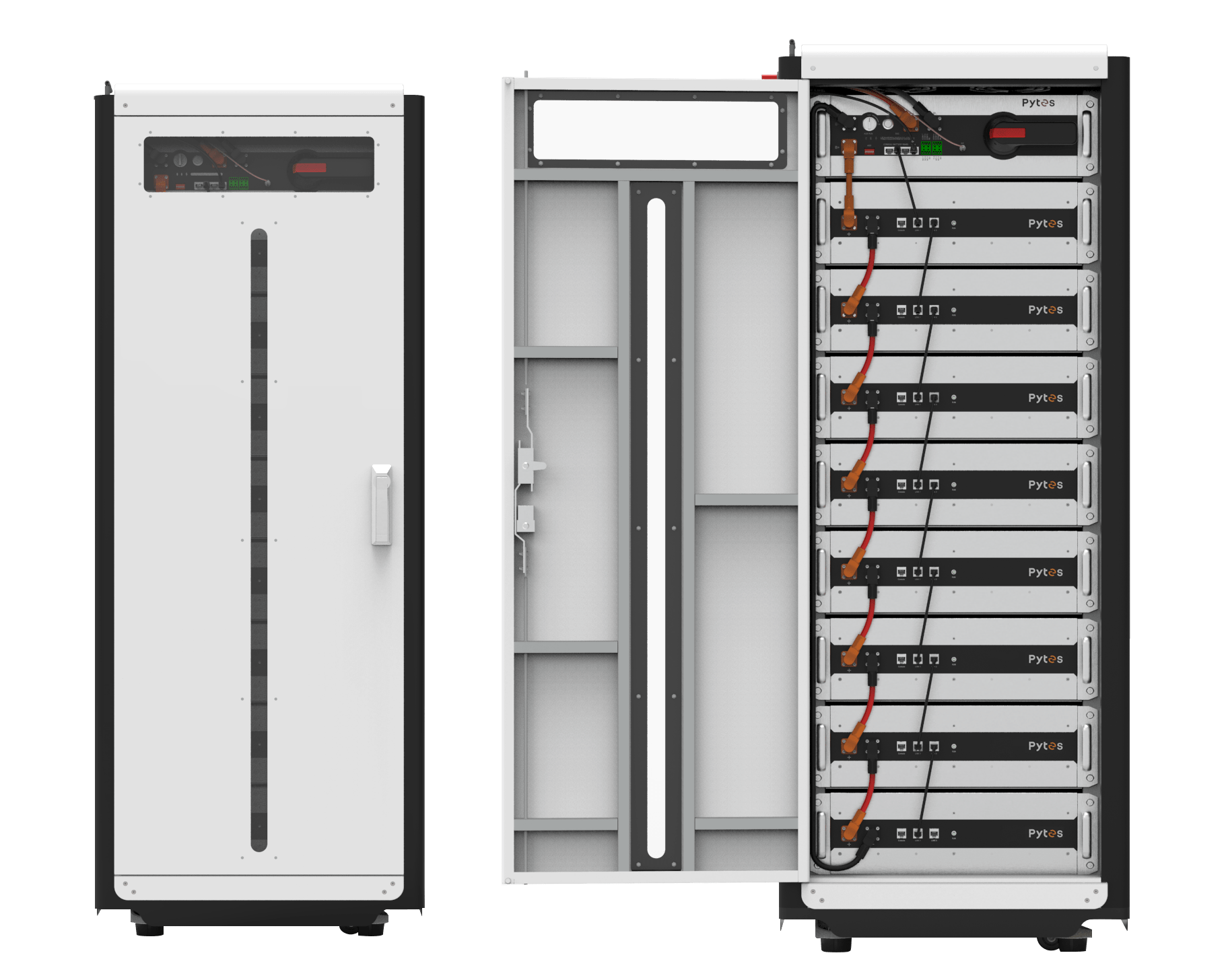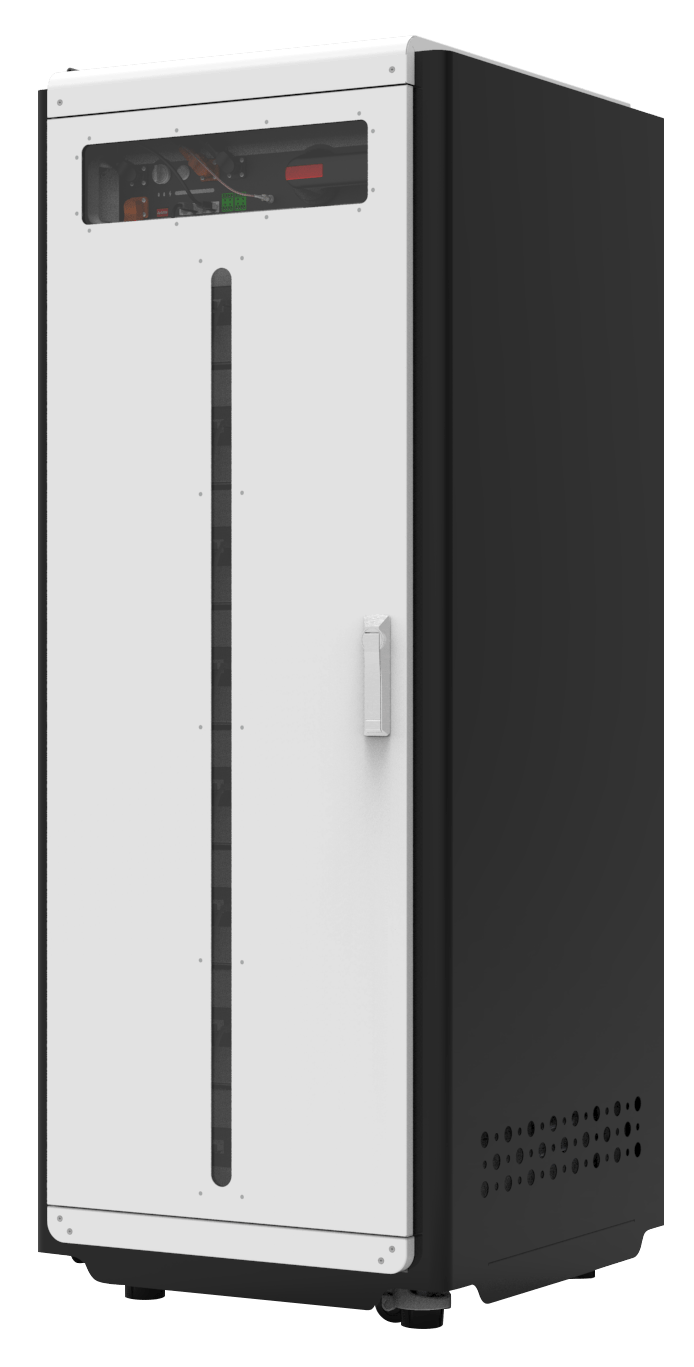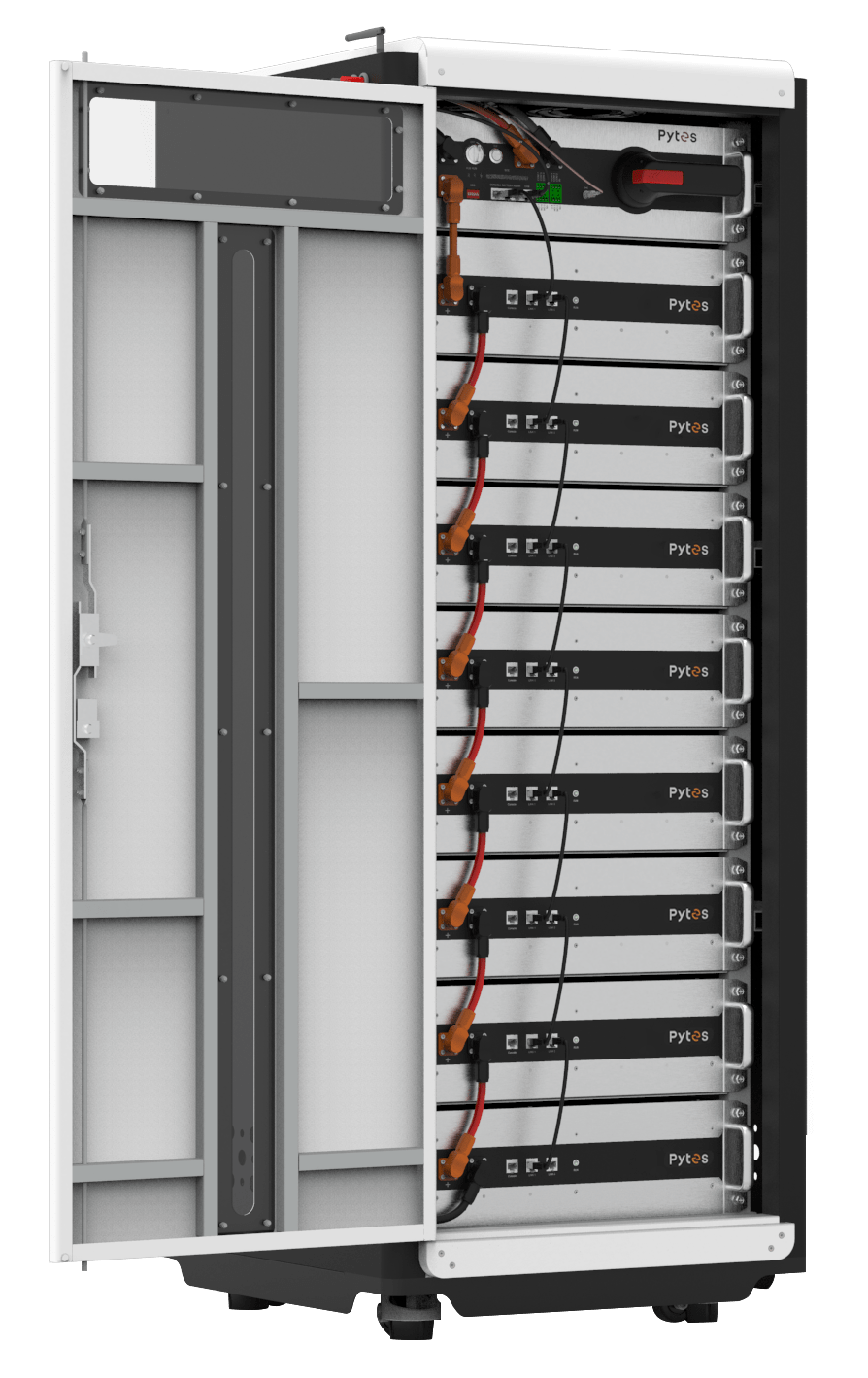In recent years, there has been a significant increase in the demand for efficient and reliable energy storage solutions. As the world moves towards a more sustainable future, the need for advanced battery technologies has become paramount. One such technology that has gained considerable attention is the lithium iron phosphate (LiFePO4) battery. With its unique properties and advantages, LiFePO4 batteries are finding applications in various industries. In this blog post, we will explore the applications of lithium iron phosphate batteries.
One of the most promising applications of lithium iron phosphate batteries is in the electric vehicle (EV) industry. As the world shifts towards greener transportation alternatives, the demand for high-performance batteries for EVs is on the rise. LiFePO4 batteries offer several advantages over other battery chemistries, making them an ideal choice for electric vehicles.
Firstly, LiFePO4 batteries have a high energy density, which means they can store a large amount of energy in a compact size. This is crucial for EVs as it allows for longer driving ranges without the need for frequent recharging. Additionally, LiFePO4 batteries have a high power density, enabling them to deliver the required power for acceleration and high-speed driving.
Moreover, LiFePO4 batteries are known for their excellent thermal stability and safety. They are less prone to thermal runaway and have a lower risk of catching fire compared to other lithium-ion batteries. This makes them a reliable and safe choice for electric vehicles, ensuring the protection of both the vehicle and its occupants.

With the increasing adoption of renewable energy sources such as solar and wind power, the need for efficient energy storage solutions has become crucial. Lithium iron phosphate batteries are well-suited for renewable energy storage applications due to their long cycle life, high energy efficiency, and fast charging capabilities.
LiFePO4 batteries can store excess energy generated by renewable sources during periods of low demand and release it when needed. This helps to balance the intermittent nature of renewable energy generation and ensures a stable and reliable power supply. Additionally, the fast charging capabilities of LiFePO4 batteries allow for quick replenishment of energy during peak demand periods.
Furthermore, the long cycle life of LiFePO4 batteries makes them an economically viable choice for renewable energy storage. They can withstand a large number of charge-discharge cycles without significant degradation, resulting in a longer lifespan and reduced maintenance costs.
Uninterruptible Power Supply (UPS) systems are critical for providing backup power during power outages or fluctuations. LiFePO4 batteries are increasingly being used in UPS applications due to their high energy density, long cycle life, and excellent safety features.
LiFePO4 batteries can store a large amount of energy in a compact size, making them suitable for UPS systems where space is often limited. Their long cycle life ensures reliable performance over an extended period, reducing the need for frequent battery replacements.
Moreover, the safety features of LiFePO4 batteries, such as their thermal stability and low risk of thermal runaway, make them an ideal choice for UPS applications. This ensures the protection of sensitive equipment and prevents any potential hazards during power outages.

Lithium iron phosphate batteries are also finding applications in the marine and recreational vehicle (RV) industry. The unique properties of LiFePO4 batteries make them well-suited for these applications, where reliability, energy efficiency, and weight reduction are crucial factors.
LiFePO4 batteries offer a higher energy density compared to traditional lead-acid batteries, allowing for longer operating times without the need for recharging. Additionally, their lightweight design helps to reduce the overall weight of the marine or RV system, resulting in improved fuel efficiency and increased range.
Furthermore, LiFePO4 batteries have a longer lifespan and require less maintenance compared to lead-acid batteries. This makes them a cost-effective choice for marine and RV applications, as they offer a lower total cost of ownership over their lifetime.
Grid energy storage systems play a vital role in stabilizing the electrical grid and managing peak demand periods. Lithium iron phosphate batteries are increasingly being used in grid energy storage applications due to their high energy efficiency, fast response times, and long cycle life.
LiFePO4 batteries can store excess energy during periods of low demand and release it during peak demand periods, helping to balance the grid's supply and demand. Their high energy efficiency ensures minimal energy losses during the storage and retrieval process.
Moreover, the fast response times of LiFePO4 batteries make them suitable for grid applications where quick power delivery is required. They can respond to fluctuations in demand within milliseconds, helping to maintain grid stability and prevent power outages.

In conclusion, lithium iron phosphate batteries are finding applications in various industries due to their unique properties and advantages. From electric vehicles to renewable energy storage, UPS systems to marine and RV applications, and grid energy storage, LiFePO4 batteries (Here we recommend you to refer to Pytes HV48100) offer high energy density, long cycle life, excellent safety features, and fast charging capabilities. As the world continues to prioritize sustainable energy solutions, the demand for lithium iron phosphate batteries is expected to grow, driving further advancements in this technology.
Pytes HV48100 is an IP20 rated cabinet mounted distributed energy storage system developed and produced by Pytes, the leading solar battery manufacturer.It uses a high-voltage battery management system assembled from high-performance LFP energy storage batteries and a high-voltage control box.
If you want to know more about Pytes HV48100,welcome to contact Pytes.
E-mail:pytesusa@pytesgroup.com
How to Choose Photovoltaic Energy Storage Battery?